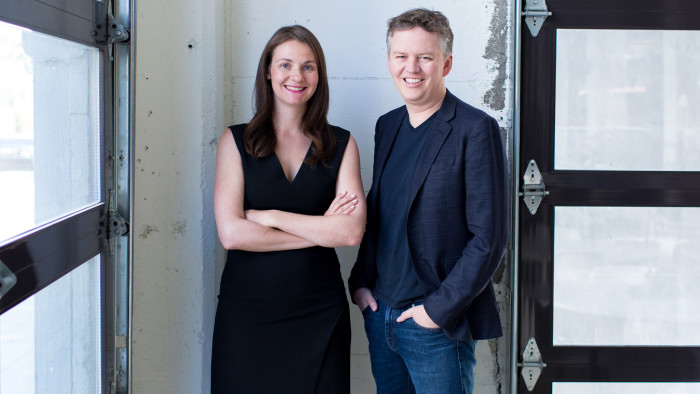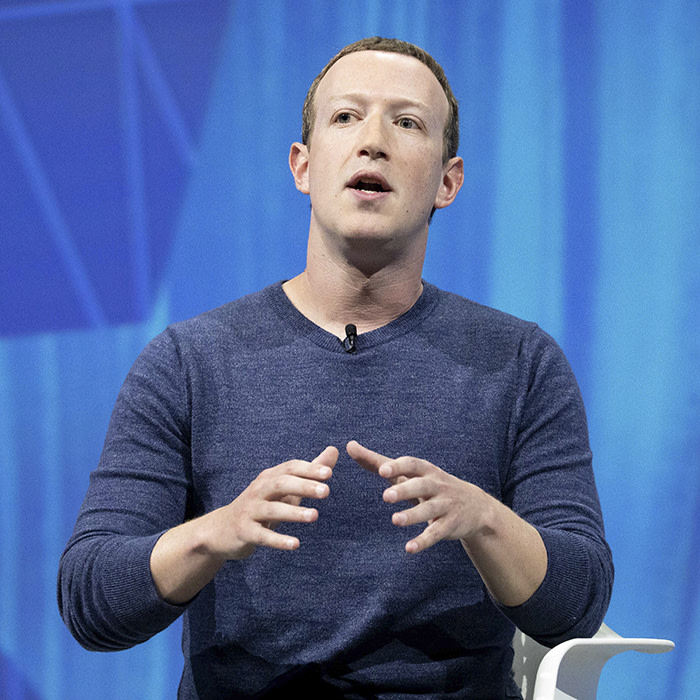Can MBAs create top entrepreneurs?

Roula Khalaf, Editor of the FT, selects her favourite stories in this weekly newsletter.
The archetypal modern entrepreneur is a university dropout, a household name such as Facebook co-founder Mark Zuckerberg or Microsoft’s Bill Gates, who both left Harvard without completing their degree. Yet many business school alumni are creating companies, including some that grow both fast and large.
Figures from investment database PitchBook show that entrepreneurs from just 12 top MBAs founded 5,505 companies between 2006 and 2018. Some are doing very well indeed: they include 72 “unicorns”, or private companies valued at more than $1bn, such as French car-sharing service BlaBlaCar (co-founded by Insead alumni), US eyewear brand Warby Parker (Wharton) and home design company Houzz (Tel Aviv University).
MBAs have been criticised by entrepreneurs in the technology cluster of San Francisco’s Bay Area, however. Some argue that the degrees encourage risk aversion, which conflicts with Silicon Valley’s “fail fast, fail often” mantra. Elon Musk, chief executive of carmaker Tesla, reportedly said “MBA programmes don’t teach people how to create companies”, while PayPal’s Peter Thiel is said to have advised: “Never hire an MBA; they will ruin your company.”
Can an MBA make you a better entrepreneur? In 2009, Harvard MBA classmates Matthew Prince and Michelle Zatlyn co-founded cyber security company Cloudflare, a Silicon Valley unicorn, with Lee Holloway. Prince, the chief executive, says the company “would not exist” without the programme, on which they built a business plan that won Harvard’s pitch competition in 2009. That provided minimal funding and introductions to venture capitalists, one of whom offered them free office space that summer.
Today Cloudflare employs more than 850 people and has raised $182m. Prince says about 10 per cent of the world’s internet traffic flows through its network. “An MBA is not a requirement to become an entrepreneur, but it assembles a lot of the raw ingredients you need in order to become a successful entrepreneur,” says the American. That includes education on business management, the time and feedback to hone ideas, and access to a pool of potential employees, co-founders and customers.

Zatlyn, who is Canadian, says: “The programme taught me how to have a point of view and make a decision — something you need to do many times a day as a founder. It also taught me how to listen to a diverse group of viewpoints. This is something that I value every day.”
Steve Blank, a serial technology business founder, says entrepreneurship can indeed be taught, under certain circumstances. Blank also lectures at several top business schools, which he says have taught entrepreneurship as a theoretical subject, like finance. He thinks it should also be taught as a practical discipline, like art. “You wouldn’t become a doctor without cracking a chest [first],” he says, adding that entrepreneurial training should be led by practitioners, such as founders, in addition to academics.
Bill Aulet, managing director of the Martin Trust Center for MIT Entrepreneurship, says business students should learn with pupils from other disciplines. “Business schools have to rethink how they teach entrepreneurship,” he says. “MBA programmes have traditionally been about optimisation, predictability and taking risk away. Entrepreneurship is about creation, leadership. We need programmes that convene heterogeneous teams.”
One example is Massachusetts Institute of Technology’s Delta V programme, on which business students work with engineers, designers, scientists and others to build companies. As of 2018, 76 companies had come out of the course, which was launched in 2012. Aulet says they have been successful partly because of their multidisciplinary teams: 54 companies, or 71 per cent of the total, were still operating last year; 5 per cent had been acquired. The 76 companies collectively had raised $152m as of last year.
They are not the only examples. The MBA Fund, which invests in businesses founded by students and graduates, last year analysed 1,968 companies that had raised funding. It found that companies created by MBA students and alumni from Harvard, Stanford or Wharton were about 35 per cent more likely to raise more than $10m and 20 per cent more likely to be valued above $100m, compared with a group of Silicon Valley companies not founded by MBA graduates.
One reason could be the business school network. In 2015, Joseph Zwillinger, co-founded Allbirds, a Californian company that makes environmentally friendly footwear, five years after finishing the MBA programme at the University of Pennsylvania’s Wharton School. Two of his former classmates, Jeff Raider and Dave Gilboa, who also co-founded Warby Parker, have invested in Allbirds and the latter introduced Zwillinger to another investor.
The footwear company has raised about $75m overall and has grown fast. “These relationships we create at business school are deep bonds to explore big ideas,” says Zwillinger. “Some of my best friends come from business school and they are all unbelievable resources who invest in each other’s success.”
One barrier to founding a company at business school is the cost. The tuition fee bill for a top two-year US MBA will be upwards of $140,000. Costas Andriopoulos, associate dean for entrepreneurship at London’s Cass Business School, says some students work after graduating to pay off student debt before creating a company. “A lot of entrepreneurs are highly valued by organisations, as they bring fresh ideas,” he says.
Julia Prats, head of the entrepreneurship department at Spain’s Iese Business School, says some MBA graduates join early-stage start-ups as founders. “There is huge bias towards the tech guys like Zuckerberg and Gates,” she says. “However, large corporations are full of entrepreneurs — the managers that grow the company behind the scenes, who need creative abilities, but also leadership, finance . . . the things you get from an MBA.”
Comments